In the fast-paced world of hospitality, hoteliers often find themselves juggling multiple responsibilities. One way to streamline marketing efforts and improve overall efficiency is by automating some of your touchpoints with guests. The good news is that this is not difficult to do. By setting up intelligent triggers that automate specific actions, hotel managers, front desk, or marketing teams can save time, reduce manual work, and be more efficient.
How Does Hotel Marketing Trigger Work?
Triggers can be defined as actions that will have a consequence. In this case, when a certain characteristic is met or an action is performed, a message will automatically be sent out without any interaction. For example, if a guest makes a booking, they will receive a specific message automatically.
By setting up triggers, hotel managers can make engaging with guests at every stage easier and build that personal relationship with them.
When utilized strategically, triggers can be a game changer in enhancing the guest experience, particularly during the pre and post-arrival stages of the guest journey. Why? Because while you save time, your guests receive the right information at the right time, leading to fewer questions and higher satisfaction, which can translate into better reviews.
In this article, you’ll find 5 touchpoints you can automate to optimize hotel marketing communications and provide a seamless customer experience. All these touchpoints can be automated using a CRM that offers that functionality, like Bookboost’s CRM.
1. Reservation Confirmation
By setting up this trigger, you can automatically send a confirmation email or SMS to the guest, acknowledging their reservation. You can also provide essential details such as the reservation dates, room type, and booking reference number.
When you set a trigger for a reservation confirmation, you don’t need to worry about a reservation being made at 11 pm or 3 am. The guest will receive the information in time.
Additionally, you can personalize the message by including the guest’s name and any specific instructions they may need to know. For example, the location of the hotel and the main attractions nearby give them an overview of the vicinity.
You can personalize your message even more by segmenting your guests and targeting each one of them. Take a look at 9 Audiences You Can Create for Better Hotel Marketing Campaigns.
2. Online Check-in Reminder
You can set a trigger to send this specific message a certain amount of days before the beginning of the stay. Through this message (either an email, SMS, or WhatsApp), you can remind them of their upcoming stay and ask them to fill in any information necessary beforehand.
Include any relevant information, such as check-in time, directions to the hotel, and contact details for any inquiries or special requests. You can also remind them to check in to avoid waiting in the queue at the hotel reception.
You can even set up another trigger so that if there is no check-in until one day before the trip, an additional message gets sent.
Why is this trigger important? Because it helps you to automatically communicate to each traveler, independently of the dates of their stay. Instead of manually keeping track of every message, you can relax and watch the work being done for you.
3. Cancellations or No-Shows
This trigger will send an automatic cancellation confirmation to any guest who wants to cancel their reservation. You can structure the message to include any refund or cancellation policy details, and offer assistance in case they have any further questions or need to rebook.
If check-in hasn’t been done and the stay has already begun, you can set a trigger so that an automatic message can be sent a day later, asking if everything is alright and if they need support to re-book their stay.
By doing this, you can prove the commitment to exceptional customer service even during unforeseen circumstances, you can maintain a positive guest experience, and potentially retain future bookings.
4. Check Out
You can set this trigger to be sent on the departure day or one day before. An automated message will be sent, offering the express checkout procedure, which may involve where to drop the room keys. Upon availability, you can even offer them to extend their stay or a late check out at additional cost.
Include any necessary instructions, such as settling any outstanding charges or notifying the hotel of their departure. This simplifies the checkout process for guests who prefer a hassle-free departure.
By automating these communications, you not only save time and effort for your team but also enhance the guest experience by offering convenient options and relevant instructions, leaving a positive lasting impression.
5. Guest Reviews
By setting up this trigger, you can automatically send a personalized message to guests 2 days after their departure (or the time you consider most beneficial), using their preferred communication channel, whether it’s email, WhatsApp, or SMS.
The message can include a link to the survey and express gratitude to the guests for their stay. This enables you to gather valuable insights to help you improve your services and ensure guest satisfaction.
This trigger holds significant value for marketers as well, mostly because feedback and reviews are key elements in a hotel’s reputation and word of mouth.
Do you want to learn more about how to create engaging emails for your guests? Read this article: 6 Tips to Fix Your Hotel’s Email Marketing and Increase Conversions
What Are the Benefits of Automating Touchpoints in Your Property?
Setting triggers is beneficial not only for the marketing team but also for the guests. On one side, the marketing team will have fewer manual tasks to focus on, leading them to be able to handle more important projects.
Keeping track of data is not always fun, and the time spent in messaging every single guest individually can be better spent in creative campaigns to increase direct bookings, for example.
On the other side, for the guests, the benefit is that communication will always arrive at the right moment, leaving no time for confusion and automatically reducing the customer effort. According to Forbes, 96% of customers become disloyal when customer effort is high. Hence, these triggers can significantly reduce customer and staff effort in providing smooth and consistent service.
What Opportunities Can You Create from Each of These Triggers?
You can set up as many triggers as you want in your CRM. The main goal is to reduce manual work and to increase guest satisfaction. Allowing your staff to focus on value-adding tasks instead of repetitive administrative tasks that can be automated. Also, provide a consistent guest journey to meet their needs and expectations.
Triggers provide a direct switch in time which is automatically sent to the customer once they take an action, this saves time for staff to do tasks that need more attention and adds value to the guest experience through operational efficiency.
For example, if a room is booked by a family, you can set up a trigger to offer something relevant, like a crib for the baby to accustom to their needs. Such an act by a hotel can create a deeper connection with the guest when all their needs are met by going the extra mile.
In addition, triggers help to send a reminder to the guests about the information that may not know the hotel offers, this creates an opportunity to upsell additional services that the hotel offers to the guests to save them the hassle of going around searching for them. An example of this is daily breakfast or leisure activities such as a kids’ play area or an in-house spa to detox.
The key point to remember is that you can use automation and technology to work smarter instead of harder, enhancing the guest experience while saving time for your team and yourself.
Free Guide: The Real Way to Recover Direct Bookings and Outcompete Others Long-Term
In this guide, you will find different strategies you can apply to answer the million-dollar question and increase your direct bookings and an approach that will help you stay competitive in the long term. Because this is when you see the real results.
Click here to download the report “The Real Way to Recover Direct Bookings and Outcompete Others Long-Term“.
More Tips to Grow Your Business
Revfine.com is the leading knowledge platform for the hospitality and travel industry. Professionals use our insights, strategies, and actionable tips to get inspired, optimize revenue, innovate processes, and improve customer experience.Explore expert advice on management, marketing, revenue management, operations, software, and technology in our dedicated Hotel, Hospitality, and Travel & Tourism categories.


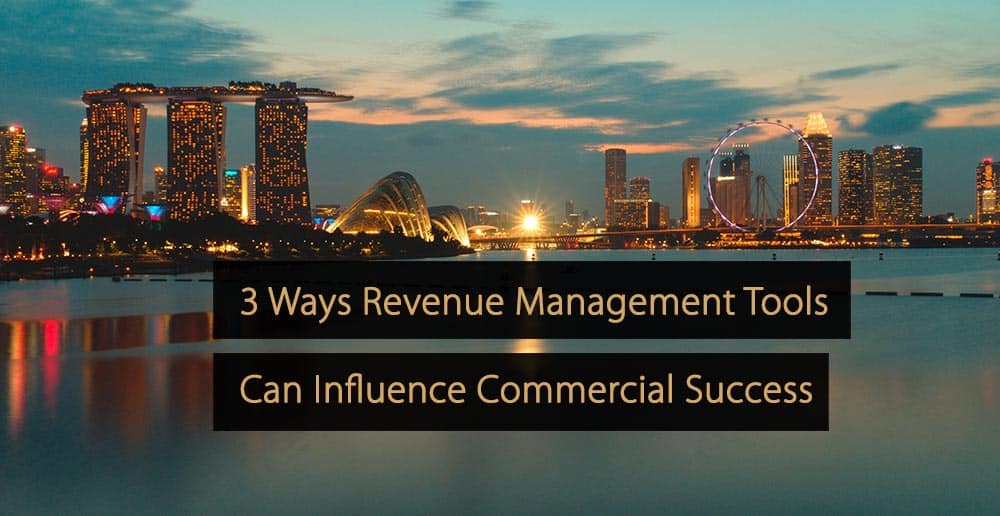
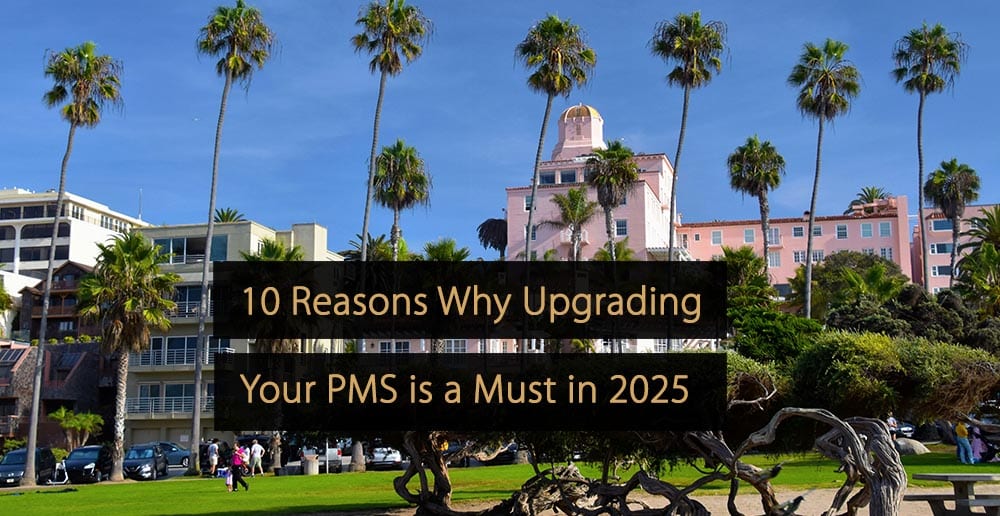
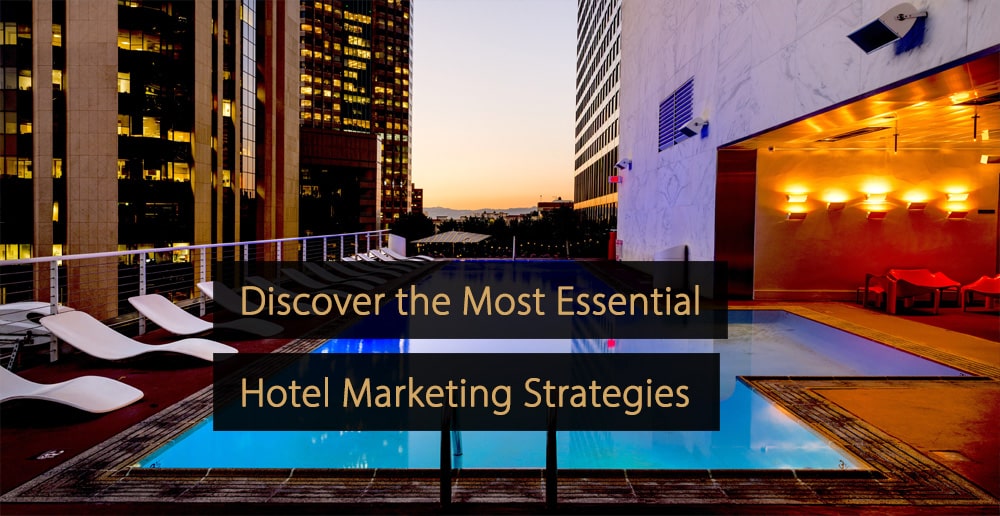
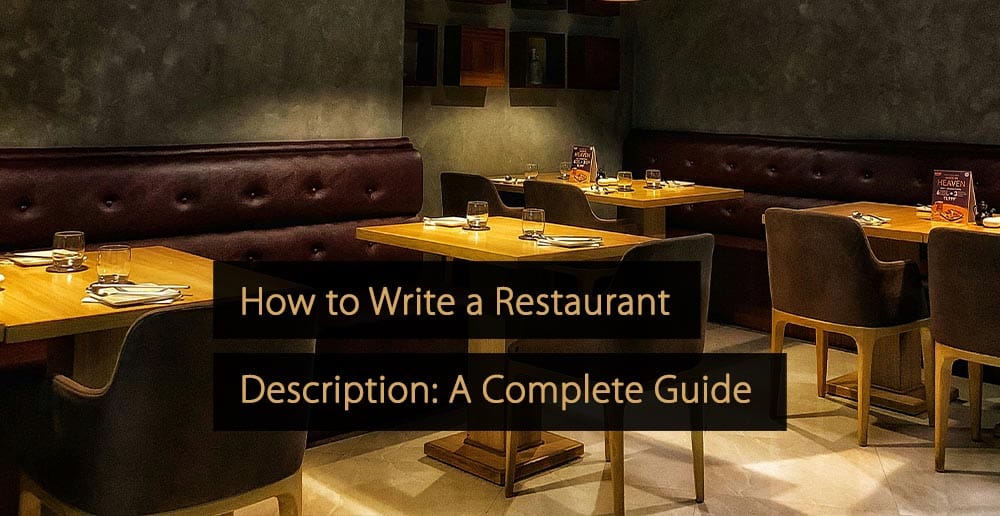
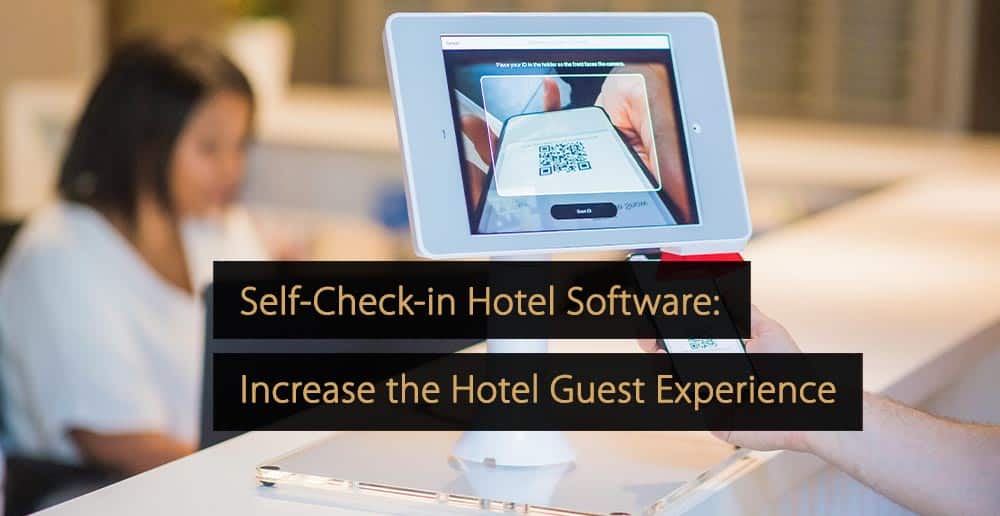
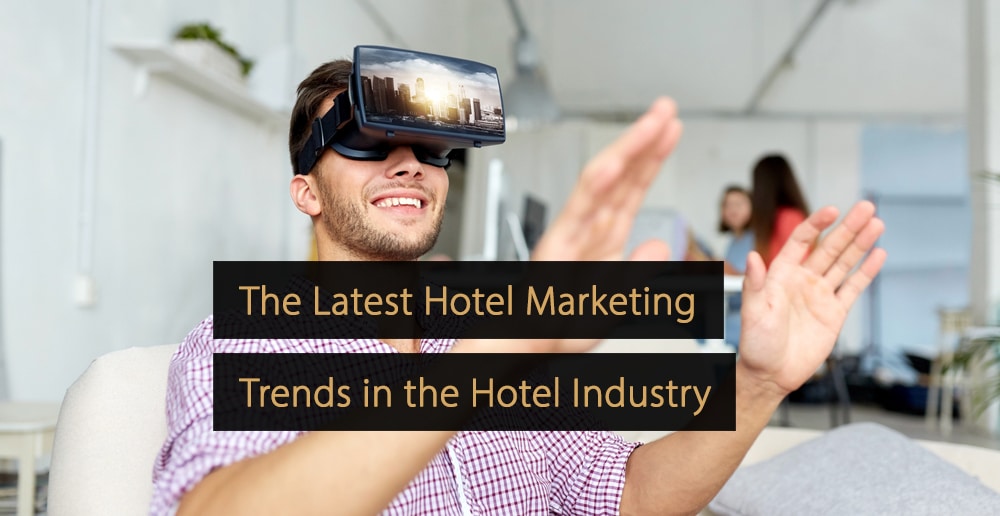
Leave A Comment